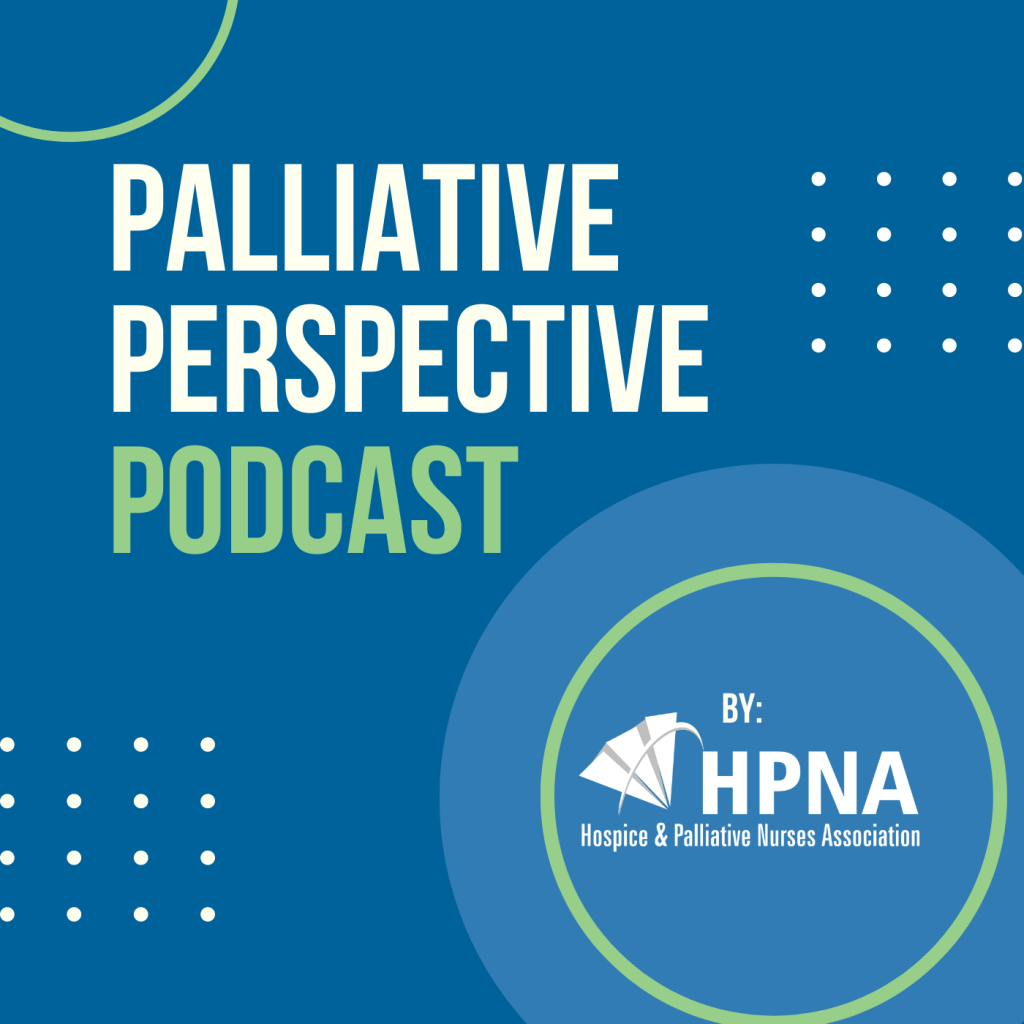Diversity in Health Care Video Series
End-of-Life Care Considerations for Individuals of Varying Faiths
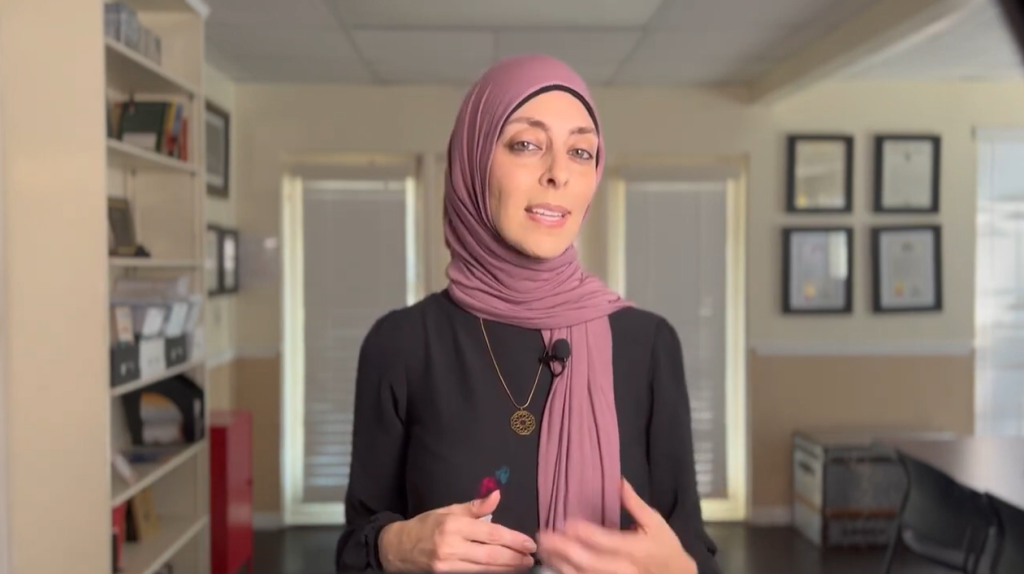
HPNA’s commitment to Diversity, Equity, Inclusion, and Belonging
The Hospice and Palliative Nurses Association (HPNA) is committed to improving diversity, equity, inclusion, and belonging within the organization.
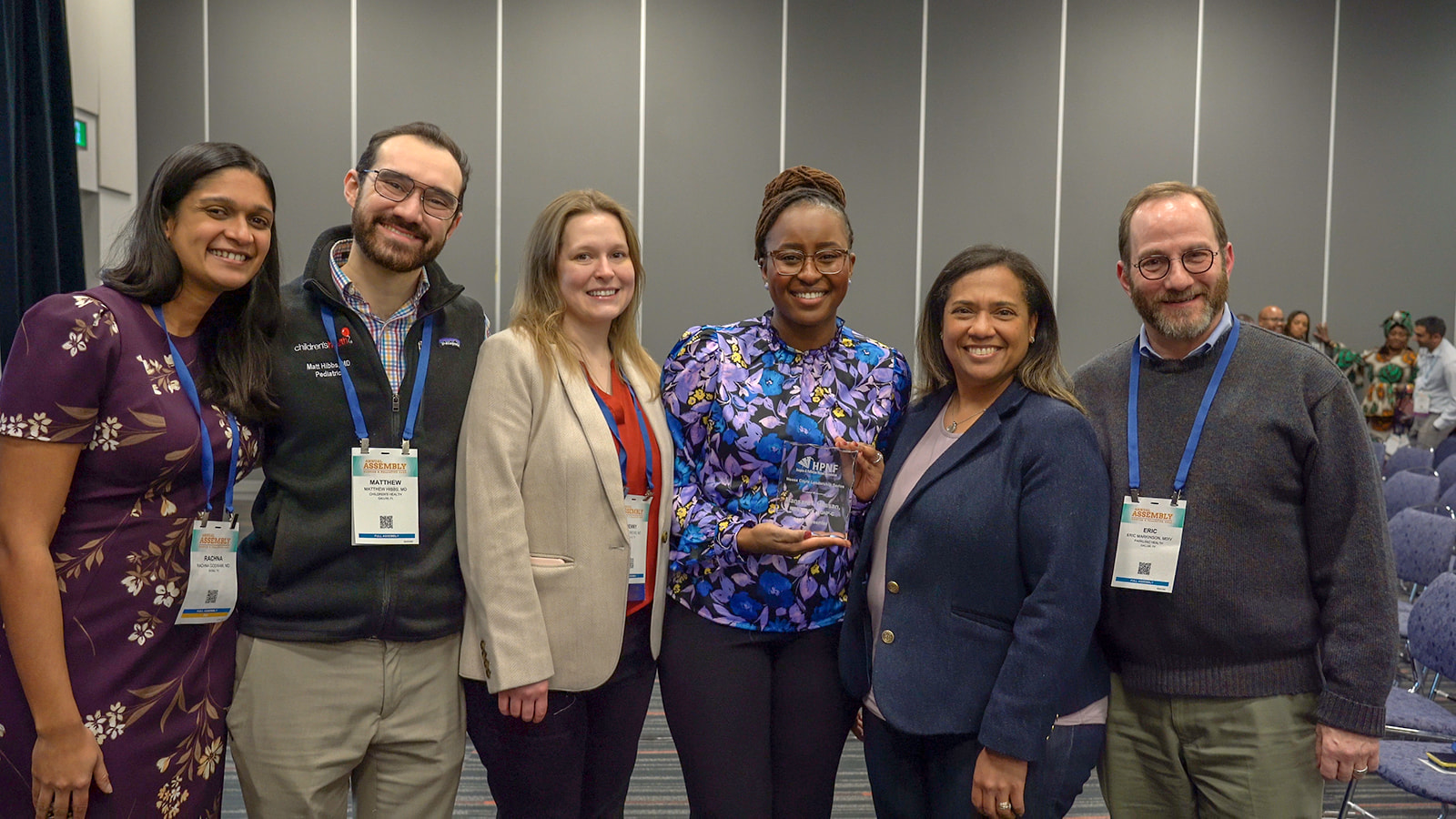
Mission: To facilitate thoughtful dialogue acknowledging the impact of systemic racism, discrimination, and bias, and to provide ongoing, timely support and resources for advancing diversity, equity, inclusion, and belonging across clinical, educational, training, research, and allyship activities within the organization.
Vision: HPNA sustains an inclusive and culturally safe organizational culture that upholds diversity, equity, inclusion, and belonging as essential to its mission of advancing serious illness care for all.
Key Definitions
“An ethical duty through intentional interventions, advocacy, and support to eliminate harmful acts, words, or deeds and creating space to amplify voices that are not traditionally heard, recognized, or welcomed” (National Commission to Address Racism in Nursing, Project ECHO, 2022)
“In practice, anti-racism combines awareness and action. Someone who is anti-racist is actively seeking to understand how racism functions in their society and takes steps to end racial inequities, such as racism in healthcare.” (Nursing License Map, 2022)
“Cultural safety means creating an environment that is spiritually, socially, emotionally, and physically safe for all people, where there is no denial of identity, of who they are, or what they need.” (Seven Dancers Coalition, Akwesasne, NY – partial definition derived from the indigenous teachings of the Māori nurses of New Zealand)
“A system in which public policies, institutional practices, cultural representations, and other norms work in various, often reinforcing ways to perpetuate racial group inequity” (Aspen Institute, 2022)
Resources
HPNA DEIB Style GuideTo support the training and education of nurses and other healthcare workers, included in this section are resources specific to diversity, equity, inclusion, and belonging and anti-racism work in hospice and palliative care nursing.
- The Upstate Bias Checklist: A Checklist for Assessing Bias in Health Professions Education Content
- Structural Interventions to Reduce and Eliminate Health Disparities
- American Organization for Nursing Leadership Guiding Principles: Diversity, Equity, Inclusion, and Belonging.
- Center for the Study of Social Policy: Equity and Justice
- Project ECHO: Addressing Racism in Nursing
Allyship is at the core of anti-racism nursing practice. Clinicians and healthcare leaders play a key role in fostering a culture of allyship and anti-racism across all settings where hospice and palliative care nurses work. This section provides resources about allyship and how to be an effective ally.
This section contains resources for clinical practice to guide hospice and palliative care nurses as they work to incorporate diversity, equity, inclusion, and belonging for all in the work environment. These resources can serve as guidelines for delivering anti-racist, culturally safe, and inclusive care for the diverse populations our members serve.
- Inclusivity at Work: The Heart of Hard Conversations, Brené Brown with Aiko Bethea
- Culturally Diverse Communities and Palliative and End-of-Life Care
- Think Cultural Health
- Improving End-of-Life Care for Diverse Populations: Communication, Competency, and System Supports
- Health Professionals Advancing LGBTQ Equality
- Hospice Through the DEI Lens Research Report
- Enhancing Diversity in the Workforce
- Toolkit for Achieving Health Equity
HPNA’s Nursing Resource Guides (NRGs) are quick reference sheets offered in English and Spanish for clinicians on a variety of symptoms and topics. These on-the-go guides offer an overview of the symptoms, common causes, and interventional strategies. Access NRGs while in the field from your phone, tablet, or computer, or download and print them to have on hand.
To assist researchers, this section includes resources for the integration of diversity, equity, inclusion, and belonging in research studies. Resources will include evidence-based materials that guide the development of equity-focused designs and methods and the recruitment and retention of diverse research participants.
- Scientific Workforce Diversity (SWD), SWD leads NIH’s effort to diversify the national scientific workforce and expand recruitment and retention.
- Office of Equity, Diversity, and Inclusion (EDI) Formerly the Office of Equal Opportunity and Diversity Management (OEODM), EDI administers and ensures compliance with laws, regulations, policies, and guidance that prohibit discrimination in the federal workplace for NIH employees and applicants.
- The Sexual & Gender Minority Research Office (SGMRO) is responsible for the coordination of sexual and gender minority (SGM)–related research and activities across the agency.
- National Institute on Minority Health and Health Disparities (NIMHD). NIMHD plans, coordinates, reviews, evaluates and supports research on NIH minority health and health disparities.
- Addressing Racism in Palliative Care Research Starts with Listening and Community Partnerships
- The NIA Health Disparities Research Framework
- A Review of Race and Ethnicity in Hospice and Palliative Medicine Research: Representation Matters
- Just ask! Increasing Diversity in Cancer Clinical Research
About our Work
Recent Events
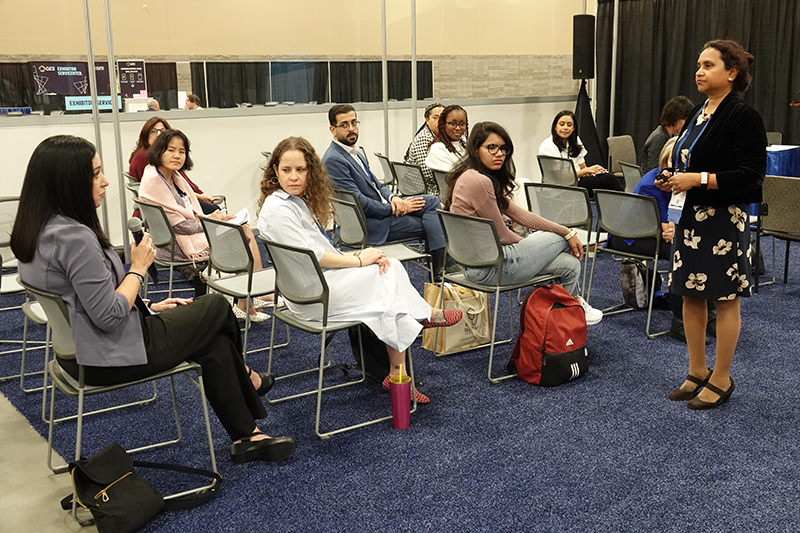
The DEIB Committee recently hosted a showcase, HPNA DEIB Initiatives and Education, at the 2024 Annual Assembly in Phoenix, AZ.
The session offered an opportunity for attendees to discover the committee’s initiatives, strategies, and successes in promoting diversity, equity, and inclusion within the hospice and palliative care landscape.
In 2021, the HPNA Board of Directors approved the development of a DEIB Task Force to help create a positive culture of inclusiveness with a long-term goal of enhancing the recruitment and retention of diverse members to HPNA’s board, staff, and membership.
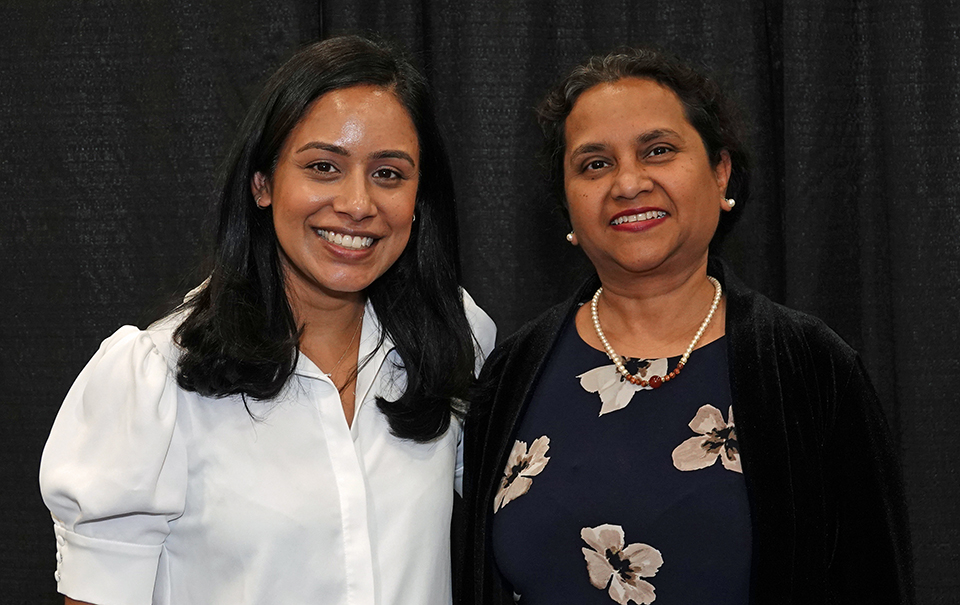
The DEIB Task Force was formed in September 2021. It consisted of 14 HPNA members, including two co-chairs, with experience or expertise in the development of organizational culture reflective of DEIB. Leadership representing the HPNA national office included the HPNA chief executive officer, the HPNA senior vice president of membership, and the HPNA director of operations. Guided by a detailed charter from the HPNA Board of Directors, the task force created and facilitated the adoption of the HPNA DEIB Style Guide. This style guide, the first of its kind in scope and scale, provides HPNA leadership and members with the most current guidance on widely accepted terminology used to describe and include minoritized groups.
Two “cultural safety” subcommittees were formed to organize and complete the work designated by the charter. The first subcommittee focused on conducting an intensive review of all materials created by and used by HPNA, including the website, social media, and nursing resource guides. The second subcommittee conducted a review of educational, corporate, and nursing websites for DEIB content to identify potential ways to present DEIB content on the HPNA website. After reviewing the HPNA website, the subcommittee developed an HPNA DEIB webpage. In 2023, the task force transitioned into a committee. One of the committee’s roles will be collaboratively working with other HPNA committees and the HPNA Education Department to ensure that HPNA educational products and services meet the new standards adopted by HPNA.
2024 HPNA DEIB Committee Members:
- Komal Murali, PhD, RN, ACNP-BC (Chair)
- Nancy Dias, PhD, RN, MSN, FPCN (Chair Elect)
- Adrienne Jones-Adamczyk, MBE, RN, ACNP-BC ACHPN®, HEC-C
- Malek Alnajar, MSN, CNS, RN
- Kristen Inducil Buen, RN, PhD(c), MA, MSN
- Katherine Doyon, PhD, MED, RN, CHPN®
- Leah Estrada, PhD, RN
- Jyotsana Parajuli, PhD, MGS, RN
- Christy Torkildson, PhD, RN, PHN, FPCN, HEC-C
- Tomika Williams, PhD, AGNP-C, CDP
- Matthew Selle, MS, BSN, RN, CHPN®, OCN
2023 HPNA DEIB Committee Members:
- Komal Patel Murali (Chair)
- Nancy Dias
- Katherine Doyon
- Mansara Hassan
- Mary Isaacson
- Matt Selle
- Christy Torkildson
2021–2022 HPNA DEIB Task Force Members:
- Masako Mayahara (Co-Chair)
- Lolita Melhado (Co-Chair)
- Ella Cullen
- Nancy Dias
- Katherine Doyon
- Mansara Hassan
- Todd Hultman
- Mary Isaacson
- Komal Patel Murali
- William Rosa
- Matt Selle
- Tacy Silverberg Urian
- Christy Torkildson
We Would Love Your Input
As you review the HPNA resources provided on this page, please let us know how we can do better or what we can add to further support DEIB within our organization.
Complete the form below to share your feedback or success story.
Contact the DEIB Committee
